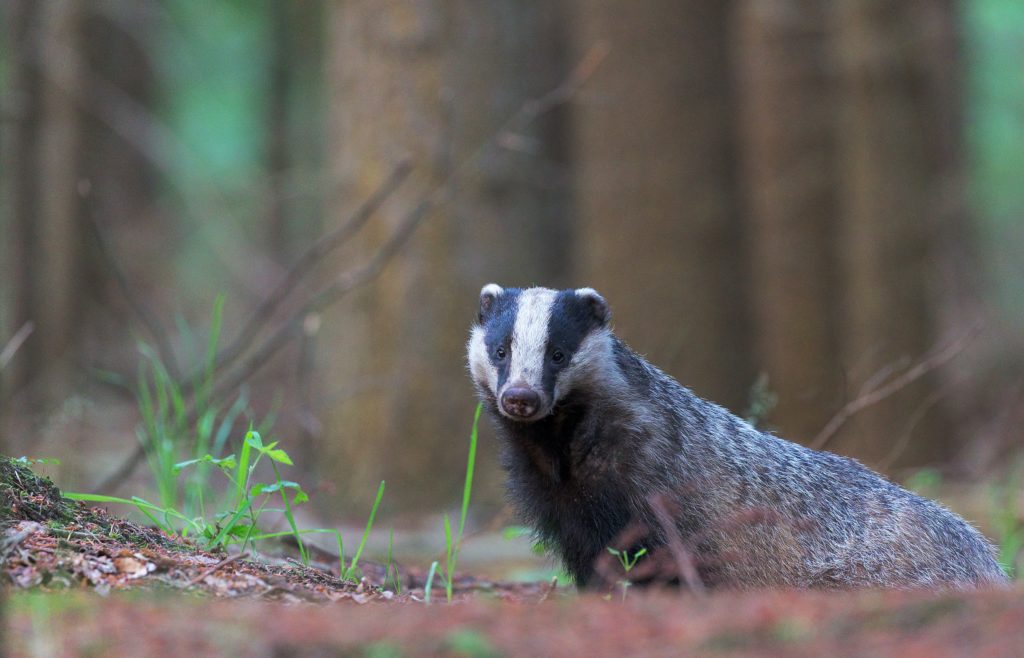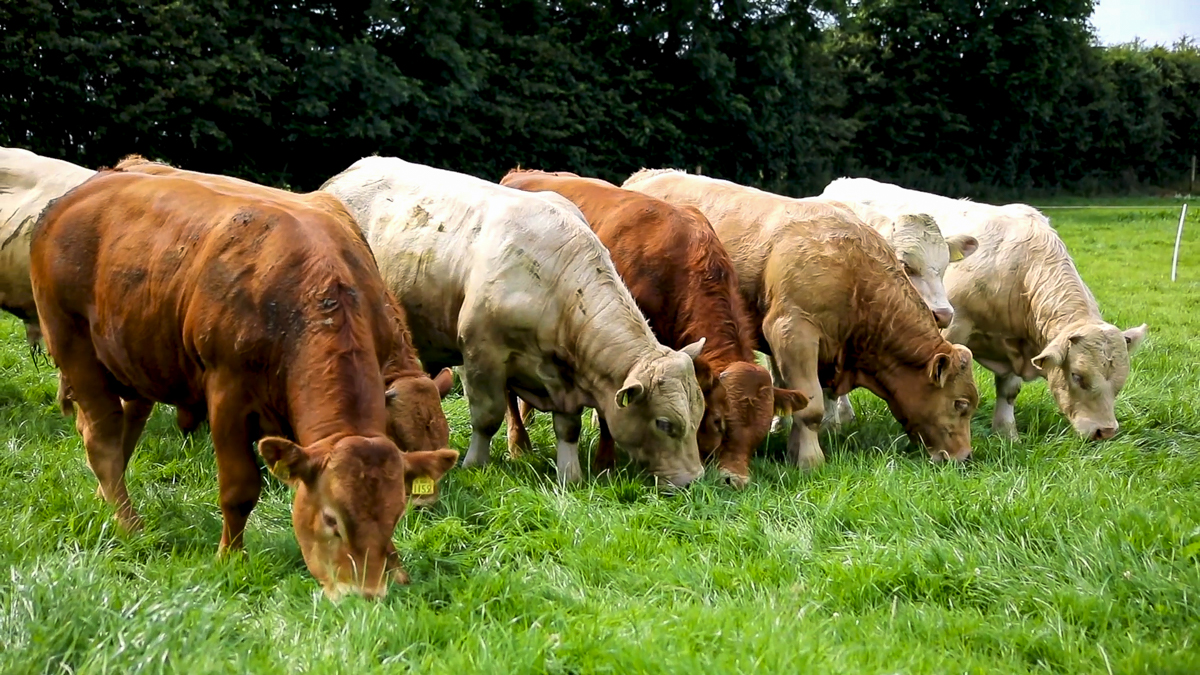The confirmation that Dublin and Belfast have agreed to tackle the scourge of bovine tuberculosis (bTB) on an all-island basis makes sense.
However, it does beg the question – why did it take so long for such an approach to be agreed upon?
Diseases do not respect or recognise geographical borders. And this is especially the case where bTB is concerned, given the significant cross-border movement of cattle on the island of Ireland on almost daily basis.
The need to eradicate bTB is obvious. And it is equally apparent that some wildlife populations in particular also harbour the disease.
So, on that basis alone it makes total sense to secure healthy populations of both cattle and other species.
Taking this approach surely represents a win/win scenario for farmers and those who want our countryside to be a long-term home for healthy wildlife populations.
Cross-border agreement
Meanwhile, the Department of Agriculture, Environment and Rural Affairs (DAERA) and the Department of Agriculture, Food and the Marine will now engage in developing the overall approach for a cooperation-based project, which is to focus on implementation of measures on a coordinated regional basis, to support reduction of bTB incidence and transmission.
All of this will be part of a ‘shared island’ initiative.
In welcoming the agreement, Northern Ireland Minister for Agriculture, Environment and Rural Affairs, Andrew Muir specifically referenced the emotional and financial stress that bTB breakdowns create for farming families.
The news of the cross-border agreement comes within days of Ireland’s Budget 26 confirmation that a significant increase in public sector funding would be allocated to help eradicate the scourge of bTB in the Republic of Ireland.

All of this is good news. But will it help assuage the views of the many animal welfare groups who oppose the culling of wildlife as part of any bTB eradication campaign?
This issue remains the elephant in the room.
Legal decisions taken in court rooms have stymied the most recent strategies conceived and put forward to eradicate bTB in Northern Ireland.
One wonders if a cross-border approach to the challenge of bTB may bring a different perspective to bear where the various animal welfare groupings are concerned.
Former Ulster Farmers’ Union president, Victor Chestnutt, has always held the view that everyone wants to see healthy populations of cattle and badgers living in harmony across all our rural areas. And he is absolutely right.

